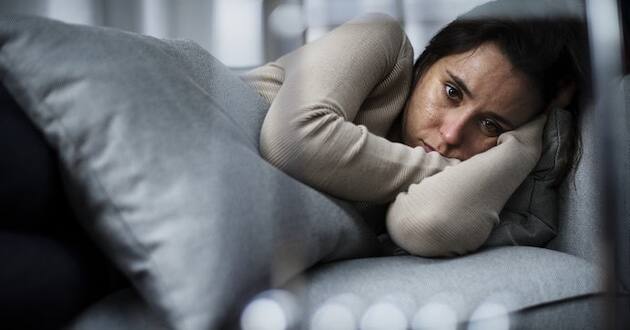Mental Health Crisis: Study Shows Stark Political Divide in Diagnosis Rates

A groundbreaking Pew Research study from 2020 is getting renewed attention with a greater focus on mental health and the recent political cycle.
More than half of self-described young white liberal women (56.3% of those between 18-29) say they’ve been diagnosed with a mental health condition. Compare that to conservative women in the same age group, where it’s only about a quarter. As reported by Metro Voice News, these disparities have caught the attention of lawmakers.
NYU’s Jonathan Haidt, who has been studying these trends since 2018, believes there’s more to the story than just politics. His research examines how social and cultural factors influence mental health outcomes across different groups.
The age factor is particularly revealing. Generally, the older you get, the less likely you are to have a mental health diagnosis. You may also be less likely to look at the political landscape emotionally.
When you look at the older Americans (65+), the political gap remains significant but different. Conservative men in this age group barely register – just 4.5%.
According to recent CDC data, one in five American adults experienced symptoms of anxiety and depression in 2023.
Younger generations are increasingly comfortable discussing personal mental health issues compared other generations, which could partially explain some of these diagnostic patterns. But it doesn’t explain why self-described liberal women are twice as likely likely to have mental health challenges than conservative women in the same age bracket.
One reason could be conservative women are more likely to have a personal faith or at least connected to a faith community. Other research has found that practicing Christians are happier than those who are not.
One thing mental health experts agree on, the nation has suffered a significant mental health crisis since Covid began in the spring of 2020. It led to higher drug use, abuse and suicide rates.
–Dwight Widaman






